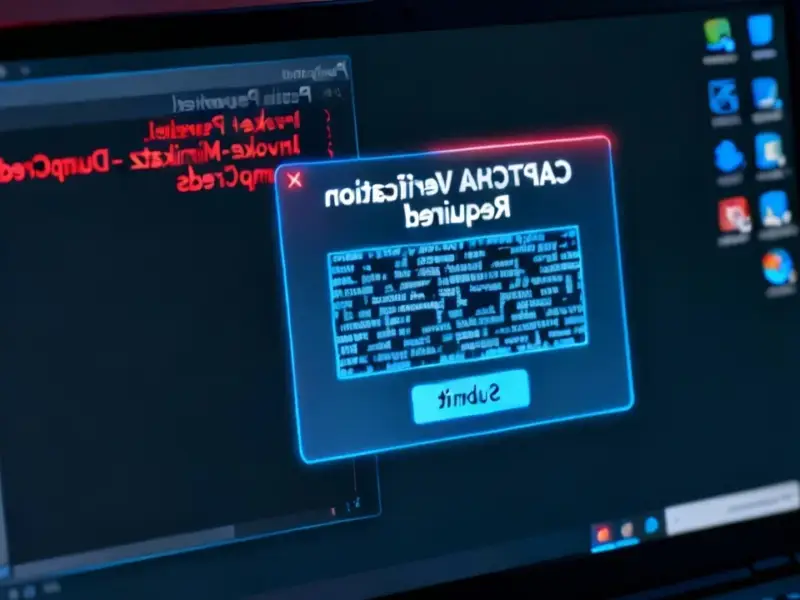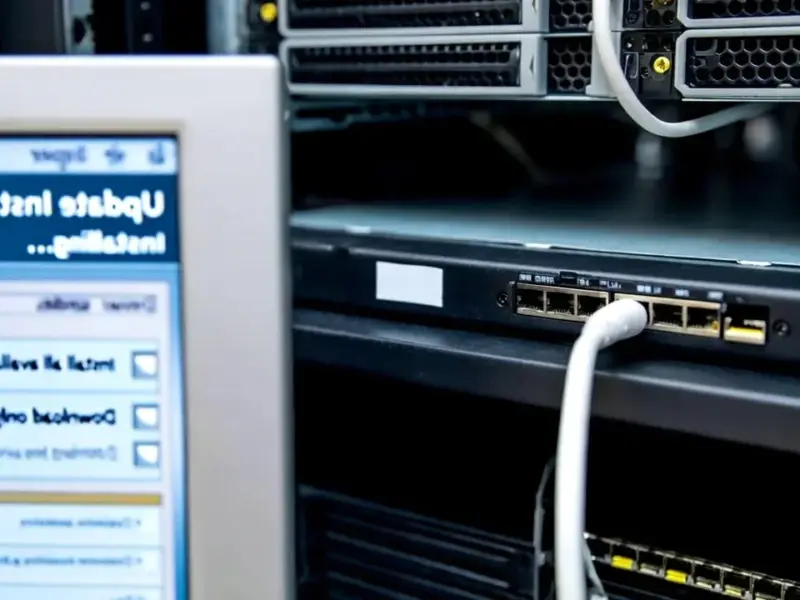According to Ars Technica, the FBI sent a secret subpoena to domain registrar Tucows on October 30 demanding detailed subscriber information about who runs Archive.today, a site used to bypass news paywalls. The document, which was immediately posted publicly by Archive.today’s X account with the word “canary,” gives Tucows until November 29 to comply. The FBI is seeking names, addresses, payment details, IP addresses, and extensive service records as part of a federal criminal investigation. Tucows, headquartered in Toronto but also incorporated in Pennsylvania, says it complies with valid legal process while advocating for free speech. The operator behind Archive.today has remained mysterious for over a decade, using various domains and possibly the alias “Denis Petrov.”
What the FBI wants
This isn’t just a simple “whois” lookup. The subpoena demands everything from payment information and service duration to mobile device codes and session records. Basically, they want enough data to positively identify and locate whoever’s running this thing. And here’s the thing – if this were just about copyright, you’d think they’d mention that specifically. But the subpoena is completely silent on what crime they’re actually investigating.
Archive.today operates very differently from the more famous Internet Archive, which has formal takedown procedures and is transparent about its nonprofit status. Archive.today relies on user submissions, doesn’t publicize removal processes, and has always been shrouded in mystery. Its decade-old FAQ suggests European data centers and private funding, but there are strong indications the founder might be Russian. So the FBI isn’t just going after another archiving service – they’re targeting what amounts to an internet ghost.
The paywall crackdown context
This doesn’t happen in a vacuum. We just saw the takedown of 12ft.io in July after pressure from the News/Media Alliance. That group counts Ars Technica’s owner Condé Nast as a member. So there’s clearly a coordinated effort happening against services that help people read news without paying.
But here’s what makes Archive.today different – it’s not just a paywall bypass. It’s become crucial infrastructure for preserving content that might disappear. Journalists use it to archive sources, researchers use it to capture data, and regular people use it to save important information. The question becomes: when does a useful archiving tool become a copyright problem serious enough for the FBI?
What happens now
Tucows finds itself in a tough spot. Their subpoena policy clearly states they comply with valid US legal process, and this certainly looks valid on its face. But they’re also a Canadian company that prides itself on free speech advocacy. Do they fight this or just hand over whatever they have?
The bigger issue might be what Tucows actually knows. If the operator used privacy services or provided fake information during registration – which seems likely given the “Denis Petrov” alias – Tucows might not have much useful data anyway. And with Archive.today already publicly posting the subpoena, the cat’s out of the bag. The operator knows they’re being hunted and has probably taken additional precautions.
This feels like the opening move in a much longer game. The FBI doesn’t typically go after domain registrars unless they’ve exhausted other options. Whatever they’re investigating, it must be significant enough to justify this very public approach. And given how essential archiving services have become in our digital world, the outcome could set important precedents for privacy, copyright, and who gets to preserve the internet’s memory.




